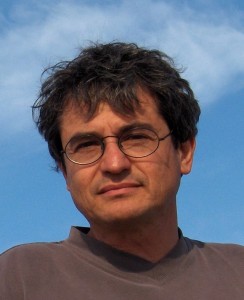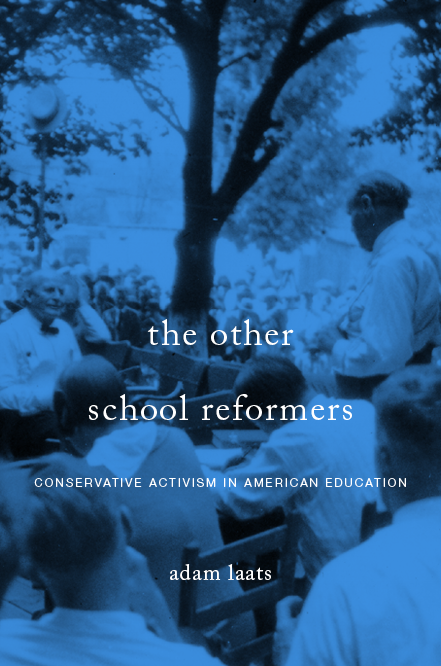HT: DL
I don’t know what to think. For almost a hundred years, creationists and other conservatives have complained that mainstream science—often symbolized by the idea of evolution—threatened their children’s faith. For just as long, leading scientists have insisted that there was nothing religious about real science. But a recent chat with physicist Carlo Rovelli makes me wonder.
First, some premises:
1.) Public schools should not be teaching religious ideas to children. Schools may and should teach ABOUT religions, but public schools should not attempt to push students toward or away from any faith.
2.) Public schools must offer students the best available scholarship. In science class, this means students must learn the modern evolutionary synthesis.
3.) Secondary-school education–in the USA, that means high schools and middle schools–should train students to think in ways familiar to the scholarly disciplines. So, in history class, we follow Stanford’s Sam Wineburg in hoping to teach students to engage in the “unnatural act” of thinking like a historian. The same should be true in other disciplines. Students should be learning basic principles of mathematical thinking, literary thinking, and scientific thinking.
So here’s our dilemma. For a while now, conservative creationists have complained that public schools are teaching evolution as a religion. Nonsense, mainstream scientists have responded.
Because, of course, if evolution were a religion, it should not be taught in public schools. It could be taught ABOUT, but not taught as something towards which students ought to be pushed.
But as trenchant observers have observed, there are indeed some religious aspects of mainstream scientific belief. Or, to put it more precisely, there are important ways in which the attitudes of mainstream scientists clash with certain conservative theological beliefs. As my favorite atheist observer of American creationism Jason Rosenhouse argued, traditional Christians are correct in thinking that evolutionary ideas pose a drastic theological threat.
And today we come across more fuel for this dilemma. In a recent interview in Scientific American, physicist Carlo Rovelli seconds the notion that mainstream science is–as much as it is anything–a skeptical attitude toward absolute truth. As Dr. Rovelli put it,
I have no idea what “absolute truth” means. I think that science is the attitude of those who find funny the people saying they know something is absolute truth. Science is the awareness that our knowledge is constantly uncertain.
I don’t need to be up on the latest in quantum physics to see how such an attitude could be problematic for the conservative parents of American school children. If such children were being taught the basic principles of mainstream science, and if those principles coincided with Rovelli’s attitude, then conservative parents might indeed have cause for complaint.
A family wouldn’t need to be any sort of creationist to take issue, either. Anyone who takes their Judaism or Christianity seriously might be chagrined to find their children coming home from school and telling them, “I find it funny when people say they know something is absolute truth.”





